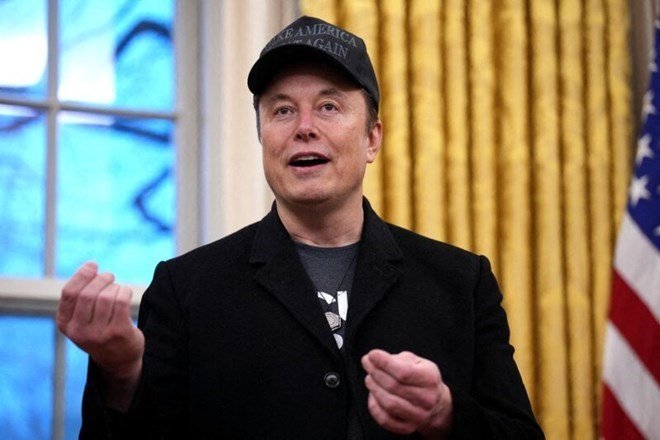Elon Musk, one of the most influential figures in the world of technology and business, has made a significant mark as the CEO of Tesla, SpaceX, and other ventures. Known for his bold vision of the future, Musk has consistently pushed the boundaries of innovation and challenged traditional industries. However, while his business acumen is widely admired, his recent involvement with the US government has not come without a cost. In this article, we will explore how Musk’s engagement with government entities has affected his career, finances, and public image.
### The Initial Attraction: Collaborating with the US Government
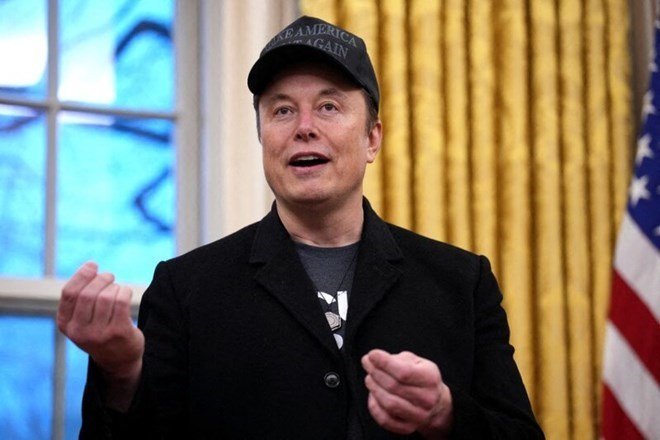
Elon Musk’s relationship with the US government dates back several years, primarily through his companies’ contracts with NASA, the Department of Defense (DoD), and other federal agencies. His ventures, such as SpaceX and Tesla, have benefited significantly from government contracts and support, making him one of the most influential business figures in the country. SpaceX, for instance, has been awarded billions of dollars in government contracts for space exploration and national security missions. Tesla has also benefited from government incentives for electric vehicles and renewable energy.
These collaborations have positioned Musk as a key player in the technological and defense sectors, giving him the opportunity to influence policy and gain access to exclusive government resources. However, this cooperation has not always been smooth sailing, and it comes with its own set of challenges and consequences.
### The Price of Working with the Government
Despite the tremendous opportunities that come with government contracts, there is a hidden price to be paid for doing business with the US government. One of the most notable challenges Musk has faced is the increased scrutiny on his companies’ activities. The US government, particularly agencies like the Securities and Exchange Commission (SEC), has kept a close eye on Musk’s business dealings, especially after his controversial tweets and public statements.
Musk’s infamous Twitter incident in 2018, where he claimed to have secured funding to take Tesla private at $420 per share, led to a lawsuit from the SEC. This resulted in a settlement where Musk had to step down as Tesla’s chairman and pay a hefty fine. While the fine may seem minor in comparison to Musk’s net worth, the reputational damage was far more significant. The SEC’s scrutiny didn’t end there. Musk’s actions continue to be under the radar, as regulators aim to ensure compliance with the law and maintain the stability of the markets.
Furthermore, the US government’s involvement in Musk’s ventures has led to regulatory challenges and restrictions. Tesla, for example, faces strict environmental regulations and safety standards, which have at times slowed down its progress. SpaceX’s missions, while groundbreaking, are constantly subject to government approval, and any missteps could result in delays or cancellations. These hurdles illustrate the high price Musk has to pay in exchange for government collaboration.
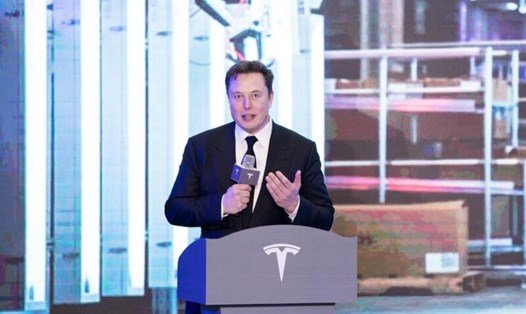
### The Cost to Musk’s Public Image
In addition to the regulatory challenges, working with the US government has affected Musk’s public image. While he is celebrated by many for his role in advancing space exploration and promoting electric vehicles, his ties to the government have made him a polarizing figure. Some view Musk’s success as a direct result of government support, raising questions about the extent to which his ventures are dependent on federal aid. Critics argue that Musk’s wealth is partially built on taxpayer money, creating a tension between his free-market rhetoric and reliance on government resources.
Moreover, Musk’s outspoken political views and public confrontations with government officials have also contributed to his controversial image. While Musk has often positioned himself as a libertarian, advocating for limited government intervention, his relationship with the government contradicts this stance. His public criticisms of government policies, such as lockdown measures during the COVID-19 pandemic, have sparked heated debates about the role of government in the economy and whether Musk’s business interests are aligned with the broader public good.
### The Financial Impact: A Double-Edged Sword
While working with the US government has provided Musk with financial gains, it has also exposed him to potential financial risks. Government contracts, though lucrative, can be fickle. Changes in administration or policy priorities can affect the funding and contracts awarded to companies like SpaceX and Tesla. If government support were to diminish or become less predictable, Musk could face significant financial setbacks.
Additionally, Musk’s net worth has been heavily impacted by the fluctuating stock prices of Tesla, which is often influenced by government regulations and policies. For instance, changes in environmental regulations or tax incentives for electric vehicles could directly affect Tesla’s sales and stock price. This means that Musk’s wealth is not solely dependent on the success of his companies but also on the political climate and government decisions.
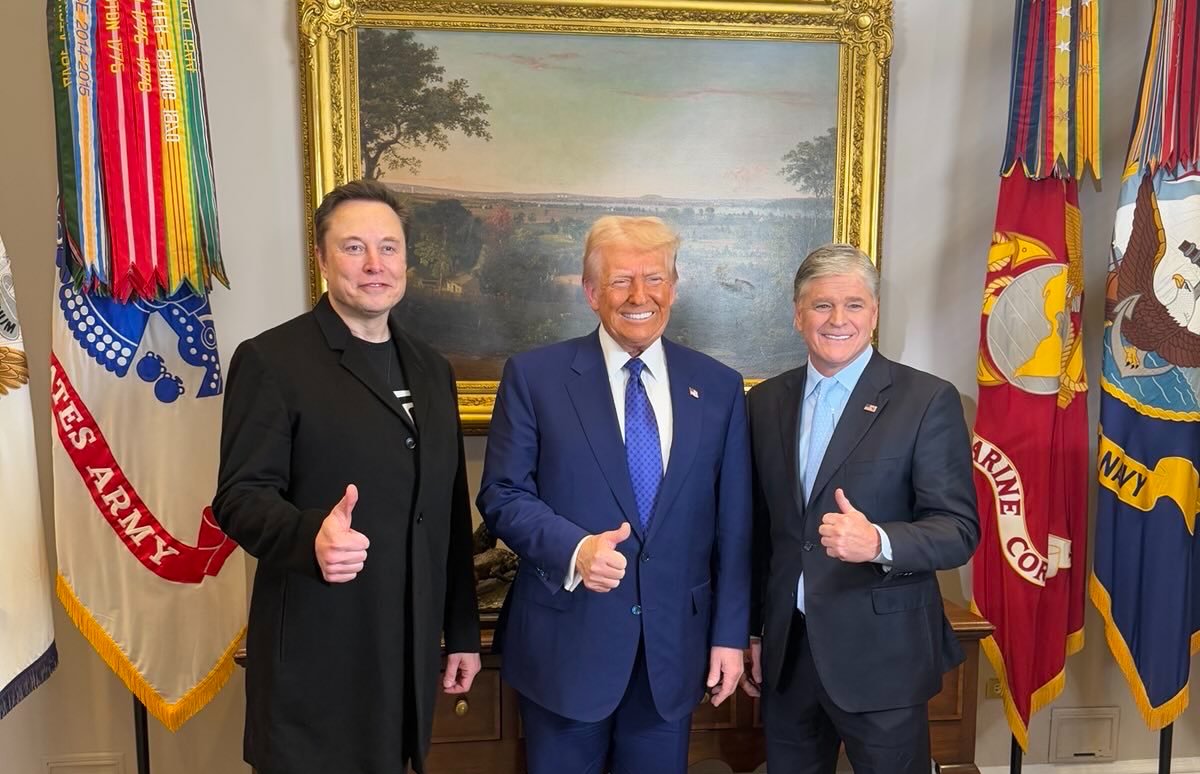
### Musk’s Response: Navigating Challenges
Despite the high price Musk has paid for working with the government, he has continued to navigate these challenges with resilience and determination. Musk has shown time and time again that he is willing to take risks and make bold decisions, whether in the business world or in his dealings with the government.
One of Musk’s strategies for mitigating the risks of government involvement has been diversification. By expanding his business interests across multiple industries, Musk has reduced his reliance on any one particular market or government contract. SpaceX, for example, has become a leader in the private space industry, with contracts from NASA, the DoD, and commercial clients, helping to stabilize its financial position. Similarly, Tesla’s efforts to expand into energy production and storage have provided an additional revenue stream, reducing its dependence on government incentives for electric vehicles.
Musk has also used his platform to challenge government policies and regulations that he believes hinder innovation. His outspoken nature, combined with his immense wealth and influence, has allowed him to advocate for change in areas such as environmental policy, space exploration, and energy production. While his actions may raise eyebrows, they underscore his commitment to his vision for the future and his willingness to challenge the status quo.
### The Future: Is the Price Worth It?
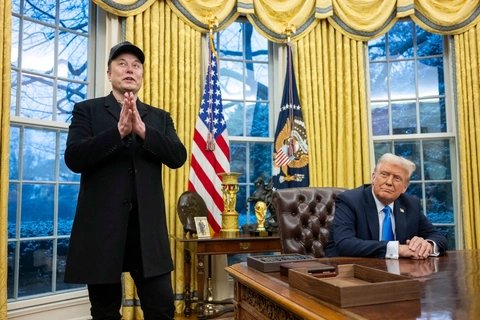
Looking ahead, the question remains: Is the price Elon Musk has paid for working with the US government worth it? While the financial rewards and opportunities have been substantial, the regulatory hurdles and public scrutiny are not insignificant. Musk’s businesses continue to face challenges from both the government and the market, and the future of his ventures will depend on his ability to navigate these complexities.
However, Musk’s track record suggests that he will continue to find ways to thrive despite the obstacles. His relentless pursuit of innovation and his ability to adapt to changing circumstances have been key drivers of his success. As the government and Musk’s businesses evolve, the high price of working with the US government may ultimately prove to be a small cost for the long-term gains that lie ahead.
### Conclusion
Elon Musk’s relationship with the US government has undoubtedly come at a high cost. From regulatory challenges to public scrutiny, Musk has paid a significant price for the support and opportunities provided by government contracts. However, his ability to navigate these challenges and continue to push the boundaries of innovation suggests that the rewards outweigh the risks. For Musk, the high price may simply be the cost of changing the world.
